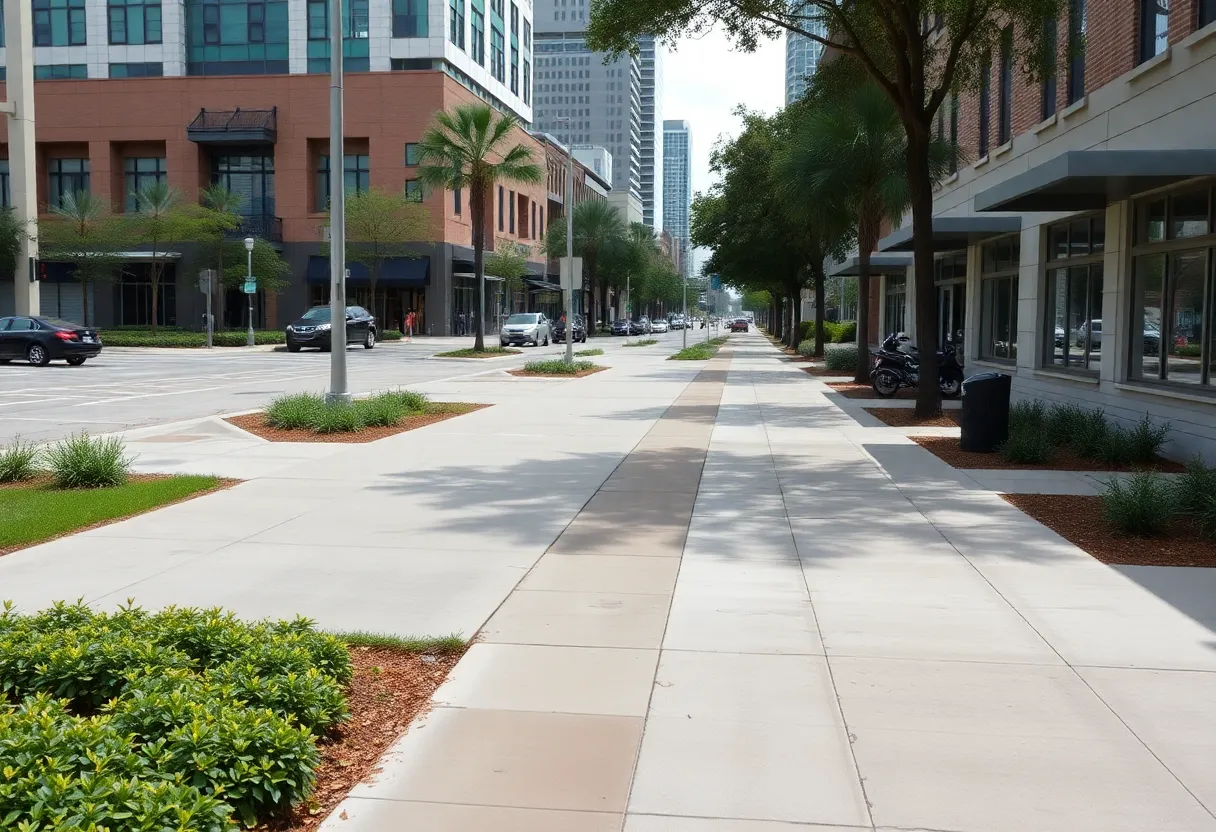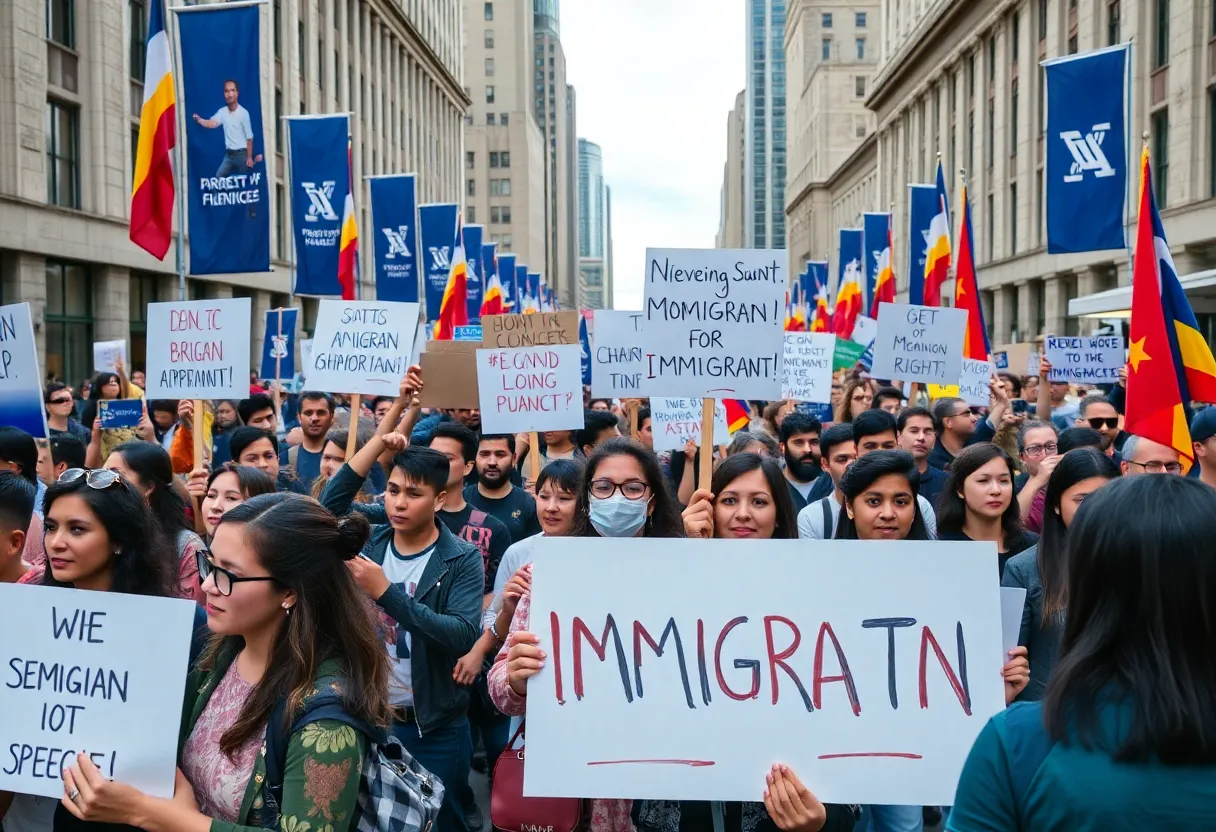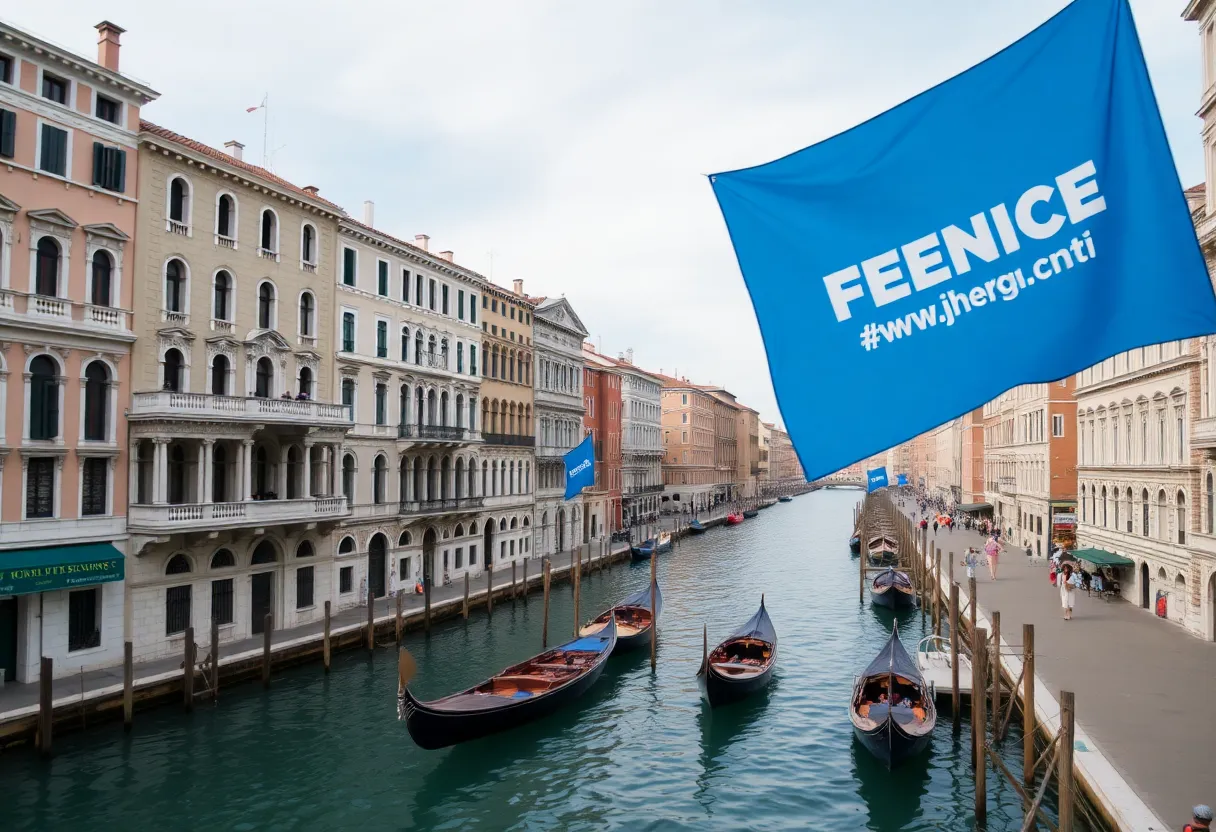News Summary
The U.S. House Republicans proposed cuts to a $3.3 billion federal program, jeopardizing Houston’s sidewalk project aimed at improving safety and walkability in the Gulfton and Kashmere Gardens neighborhoods. With concerns over infrastructure and community safety, officials await further decisions on funding and potential implications for traffic in the city. As debates unfold in Congress, the future of this crucial project remains uncertain, reflective of broader issues affecting urban neighborhoods.
Houston Faces Uncertain Future for Sidewalk Project as Federal Funding Cut Proposed
The U.S. House Republicans have voted to eliminate a $3.3 billion federal program intended to reconnect inner-city neighborhoods divided by interstate highways, jeopardizing the future of a crucial sidewalk project in Houston’s Gulfton and Kashmere Gardens areas. The cuts are part of a broader effort to slash $50 billion from various federal programs that were established under the Biden administration.
The initiative under review encompasses over 75 projects nationwide aimed at enhancing walking conditions in urban settings adversely affected by highway construction. The House Transportation and Infrastructure Committee approved these budget cuts along party lines, with concerns raised about the effect this would have on working-class communities.
Among the projects at risk is a sidewalk initiative in Houston, which was originally championed by former U.S. Rep. Sylvester Turner and received approximately $43 million in funding approval from the U.S. Department of Transportation. Reports indicate that sidewalks in the Gulfton and Kashmere Gardens neighborhoods are often intermittent or completely lacking, leading to dangerous conditions for both pedestrians and cyclists.
Houston officials have not yet confirmed if the city will move forward with the project without federal funds. Concerns have also been voiced by city officials regarding potential traffic complications that could arise from sidewalk projects, such as reduced car lane availability. Mayor John Whitmire has expressed worries that such developments could exacerbate ongoing traffic issues within the city.
Funding Cuts and Their Implications
The proposed cuts are part of a wider goal by House Republicans to reduce the federal budget by $1.5 trillion. A final vote on these spending cuts is anticipated by the GOP-controlled House later this month. In addition to the proposed program cuts, the House committee also endorsed implementing a new annual vehicle fee intended to finance highway repairs. The fee would range from $200 for electric vehicles to $20 for gasoline and diesel-powered models.
Critics, including Democrats, argue that the cuts disproportionately affect working-class Americans in order to finance tax breaks for wealthier individuals, a strategy originating during the Trump administration. The move has drawn sharp condemnation from several quarters, particularly from representatives who have constituents relying on improved infrastructure for their daily lives.
Broader Context of Neighborhood Reconnection
Projects emerging from the federal Neighborhood Reconnection Program are designed with the intent to mend urban spaces that have been fragmented due to the construction of highways. The impact of highways has been profound in communities like Gulfton and Kashmere Gardens, where walkability and overall safety have suffered as a result of poor urban planning. The current conversation surrounding these funding cuts may exacerbate existing inequalities in infrastructure, denying crucial access to safe transportation routes for residents.
Additional projects linked to the federal initiative include a proposed $100 million project to cover eight miles of Interstate 35 in Austin and an $80 million project aimed at improving connectivity in Dallas neighborhoods. Each of these projects shares the common goal of improving access for communities that have been historically marginalized due to transportation policies. The ongoing discussions in Congress will determine whether initiatives like these can continue to move forward or if they will fall victim to significant budgetary cuts.
Conclusion
As the budgetary process unfolds, the future of the sidewalk project in Houston hangs in the balance, reflecting the broader tensions in U.S. policy regarding urban infrastructure, transportation, and community safety. The coming weeks will prove critical as stakeholders look ahead to the potential impacts of these proposed funding cuts on their neighborhoods.
Deeper Dive: News & Info About This Topic
HERE Resources
Texas Bill Restricts City Road Modifications, Sparking Controversy
Additional Resources
- Houston Chronicle: GOP Cuts Impacting Sidewalk Projects
- Click2Houston: Precinct 4 Sidewalk Construction Project
- The Leader News: New Projects for Pedestrian Safety
- ABC 13: Safety Concerns Over Sidewalk Installations
- Chron.com: Updates on Houston Heights Sidewalks
- Wikipedia: Sidewalk
- Google Search: Houston Sidewalk Projects
- Google Scholar: Houston Urban Transport Infrastructure
- Encyclopedia Britannica: Sidewalk
- Google News: Houston Sidewalk Safety








